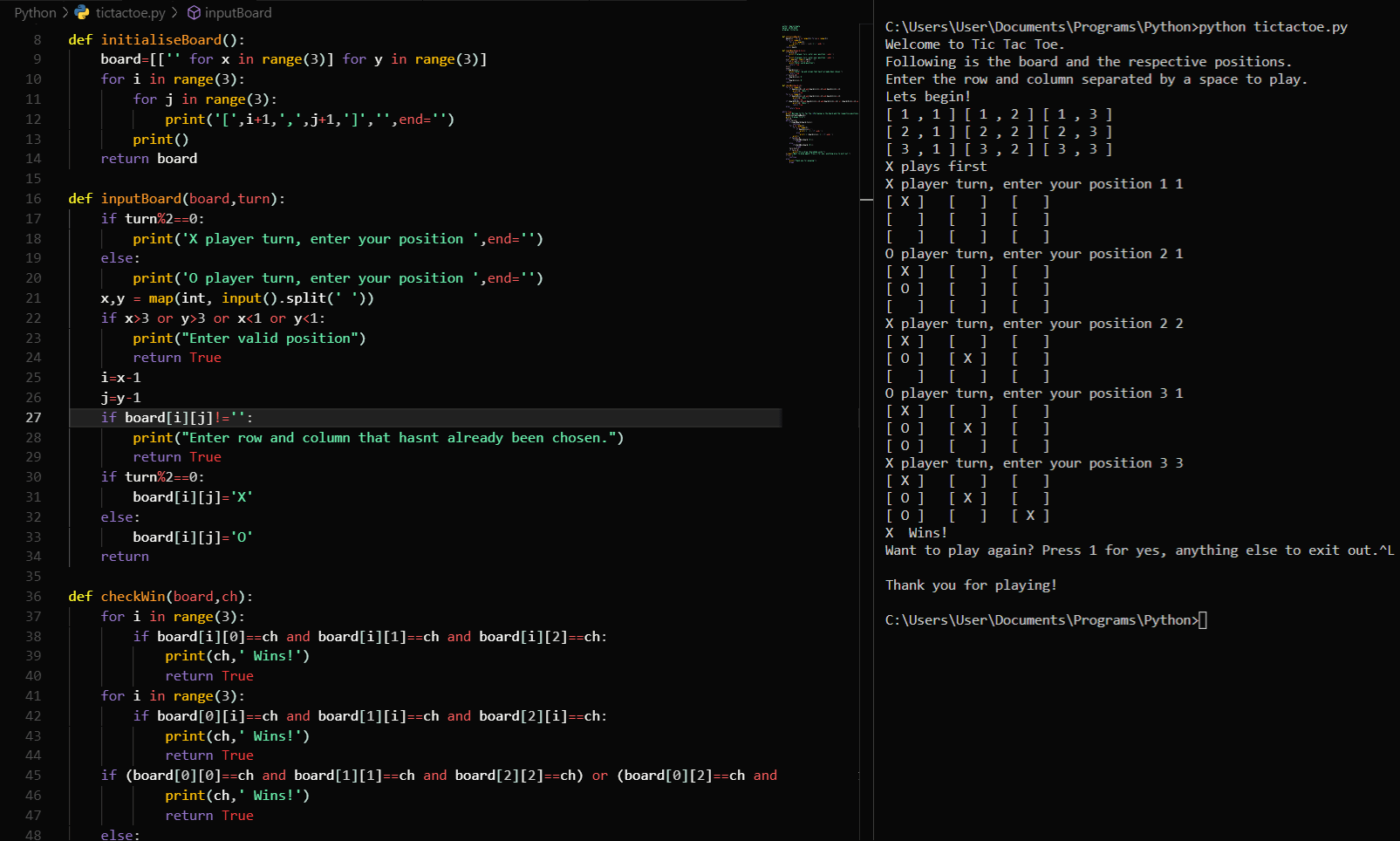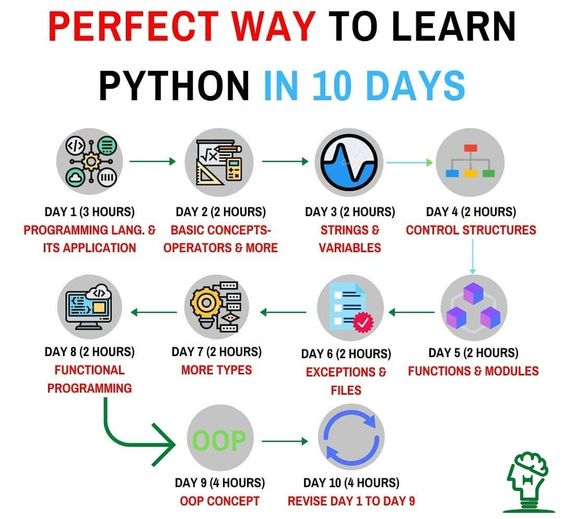Is python the hardest to learn for beginners
Is python the hardest to learn for beginners

The age-old question: is Python the hardest to learn for beginners? Well, let's dive into the discussion and explore the pros and cons of learning Python as a beginner.
Firstly, it's essential to acknowledge that every programming language has its unique features, syntax, and quirks. What might be challenging for one person might not be so difficult for another. With that said, here are some reasons why you might find Python more accessible than you think:
Readability: Python's syntax is often referred to as "readable" because of the use of whitespace and clear variable names. This makes it easier for beginners to understand and follow along. Forgiving nature: Python has a tendency to be forgiving when it comes to errors. For example, if you forget to close a bracket or misspell a variable name, the error message might not be as cryptic as those in other languages. This can make it easier for beginners to learn and experiment without getting bogged down in complex error messages. Easy-to-learn syntax: Python's syntax is relatively simple compared to languages like Haskell or Lisp. The syntax is designed to be easy to understand, with a focus on readability rather than brevity.Now, here are some reasons why you might find Python challenging:
Memory management: Python has automatic memory management, which can make it more difficult for beginners to keep track of what's happening behind the scenes. Dynamic typing: Python is dynamically typed, meaning that you don't declare variable types beforehand. While this flexibility is beneficial in many ways, it can be confusing for those coming from statically-typed languages like Java or C#. Built-in functions: Python has a vast array of built-in functions and modules that can be overwhelming for beginners to learn. The sheer number of options can lead to analysis paralysis!To make the most of your learning experience, here are some tips:
Start with basics: Focus on understanding the core concepts, such as data types, control structures, and functions. Practice: Start by writing simple programs that perform specific tasks. Practice is key to developing problem-solving skills. Join a community: Connect with other Python learners or experts through online forums, social media, or local meetups. Find resources: Explore various online courses, tutorials, and documentation provided by the official Python website and other reputable sources.In conclusion, while there are some potential challenges to learning Python as a beginner, these can be largely mitigated with dedication, practice, and a willingness to learn. With its readability, forgiving nature, and easy-to-learn syntax, Python is an excellent language for beginners to start their programming journey.
Is python the hardest to learn reddit

Python is often considered one of the easiest programming languages for beginners to learn. It's a high-level language with a simple syntax and a focus on readability, making it an excellent choice for first-time programmers.
However, there are some aspects of Python that can be challenging for newcomers, especially those coming from other programming languages or non-technical backgrounds. Here are a few reasons why some people might find learning Python difficult:
Indentation-based syntax: Unlike most programming languages, Python uses indentation (spaces and tabs) to define code blocks, which can take some time to get used to, especially for developers accustomed to curly braces or semicolons.
Despite these potential difficulties, many people have successfully learned Python and continue to appreciate its unique strengths and advantages. Here are some reasons why:
Rapid prototyping: Python's syntax and nature make it perfect for rapid prototyping, allowing developers to quickly test ideas and iterate on their code. Easy integration with other tools: Python can seamlessly integrate with a vast range of libraries, frameworks, and languages (e.g., NumPy with MATLAB), making it an excellent choice for projects that require diverse skill sets or integrations. Versatility: From data analysis to machine learning, web development, and automation, Python's applications span a broad spectrum, ensuring there's always something new to learn and explore. Community support: The Python community is renowned for its friendliness, documentation, and resources (e.g., tutorials, forums, and documentation). This makes it easier for beginners to find help when needed.In conclusion, while some people might find certain aspects of Python challenging, the language itself is not inherently the hardest to learn. With patience, practice, and persistence, many can overcome the initial difficulties and develop a deep appreciation for this versatile programming language.




























